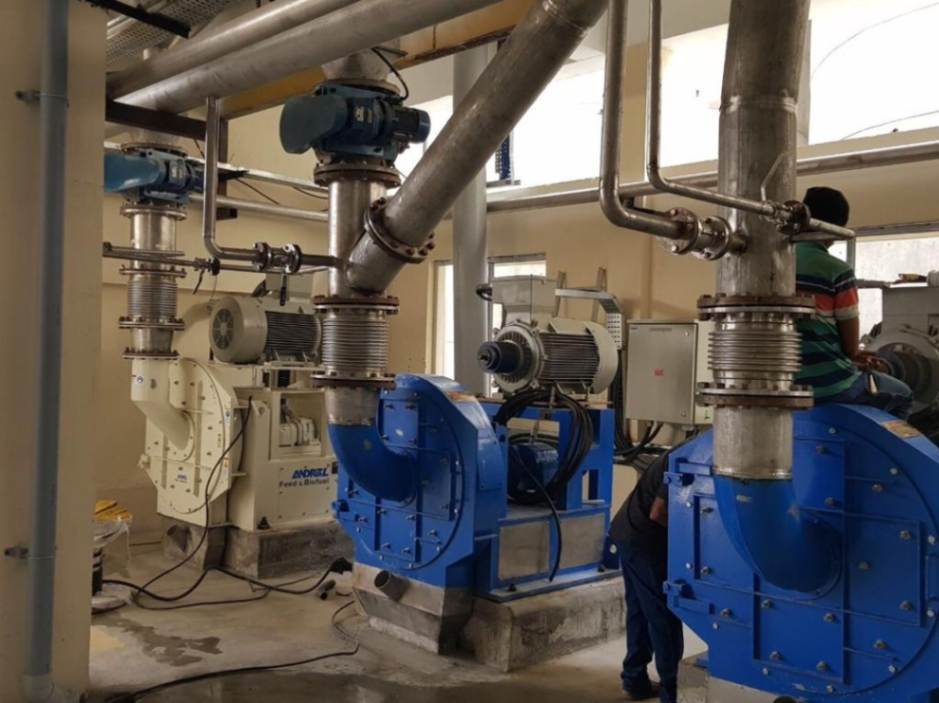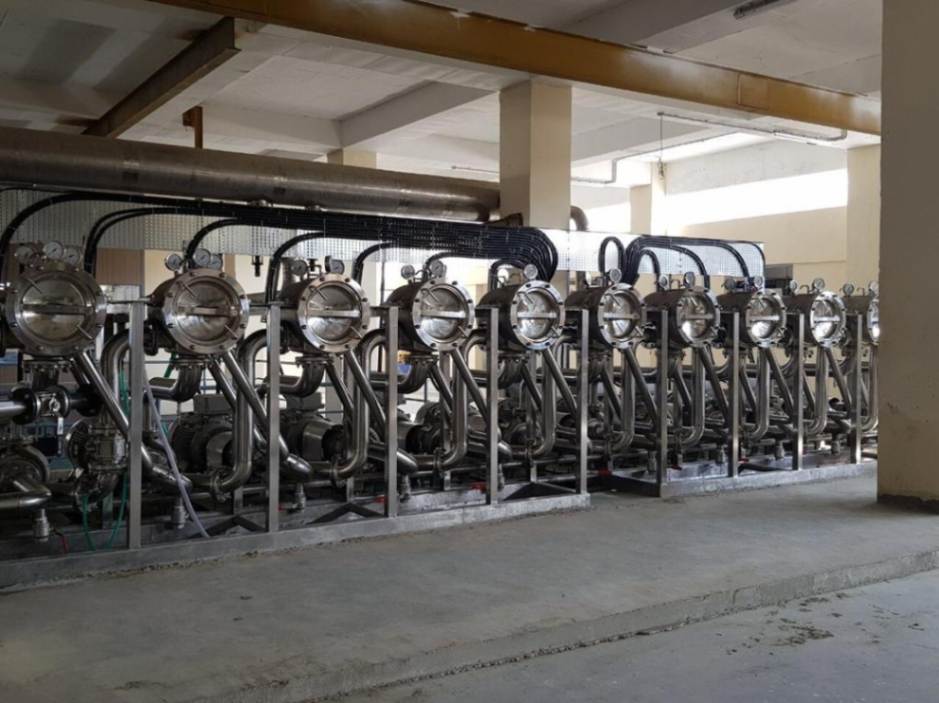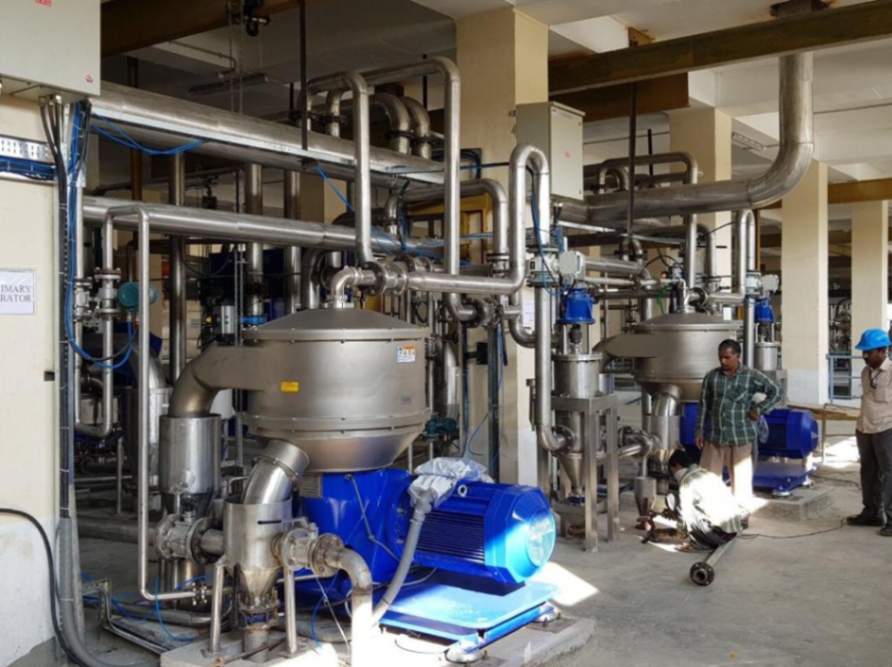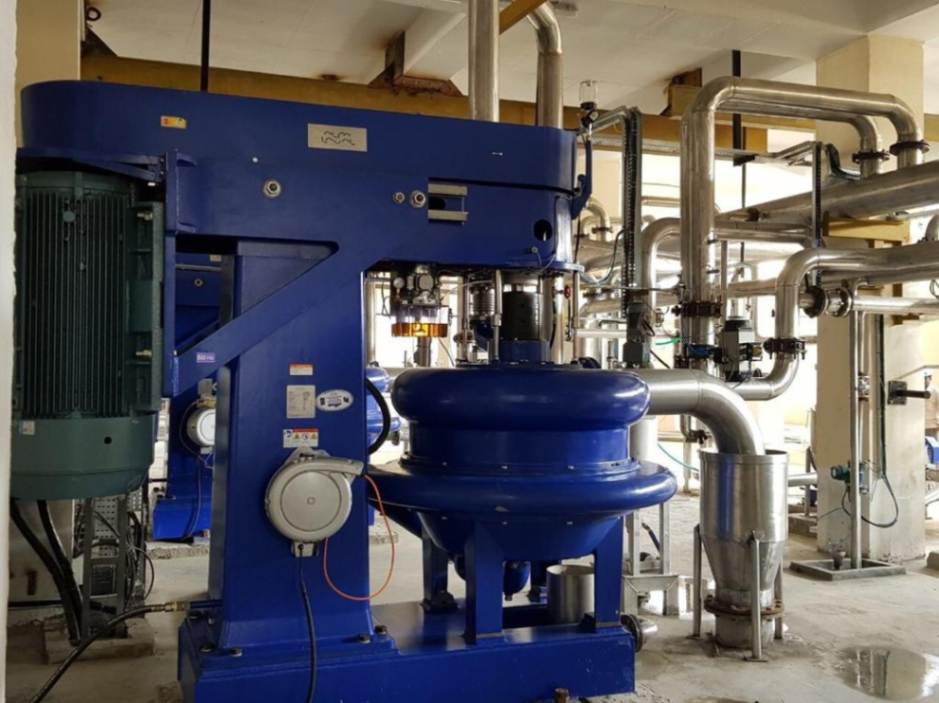Starch & Glucose Plant
Starch Manufacturing Plant
Starch, a glucose polymer, is commonly found in plants and organized in 1-140 ìm granules. It is produced using raw materials such as maize, cassava/tapioca roots, potatoes, wheat, and rice among others. The technology or manufacturing process of starch varies depending on the raw material used. One of the crucial aspects of starch processing/extraction is producing customized starch or Modified Starch. according to the changing reaction conditions such as temperature, pH, and additives, based on the requirements of end-users.




Modified starch is a superior quality starch that finds application in various industrial usages. RAJ Process Equipment designs and develops starch processing equipment and starch manufacturing plants, including Maize Starch Manufacturing Plants, to meet the diverse requirements of starch and its derivative manufacturing units. With our advanced fabrication facilities, a team of industry professionals, and technical expertise, we can develop custom-designed machinery that meets the specific requirements of our clients. RAJ excels in establishing complete Starch Manufacturing Plants and executing turnkey projects with strict process control methods. RAJ Equipment’s comprehensive solutions enable us to meet the evolving demands of the industry, ensuring high-quality starch production for various applications.
Features
RAJ follows a professional Design process by focusing on
- Fully automatic system to ensure smooth and easy operation
- Sterile construction of equipment to maintain high hygiene level
- Energy Efficient
- Carefully selected material of constructions taking into account the product properties
- Complete sanitary design with CIP system
- Optimal space requirement


